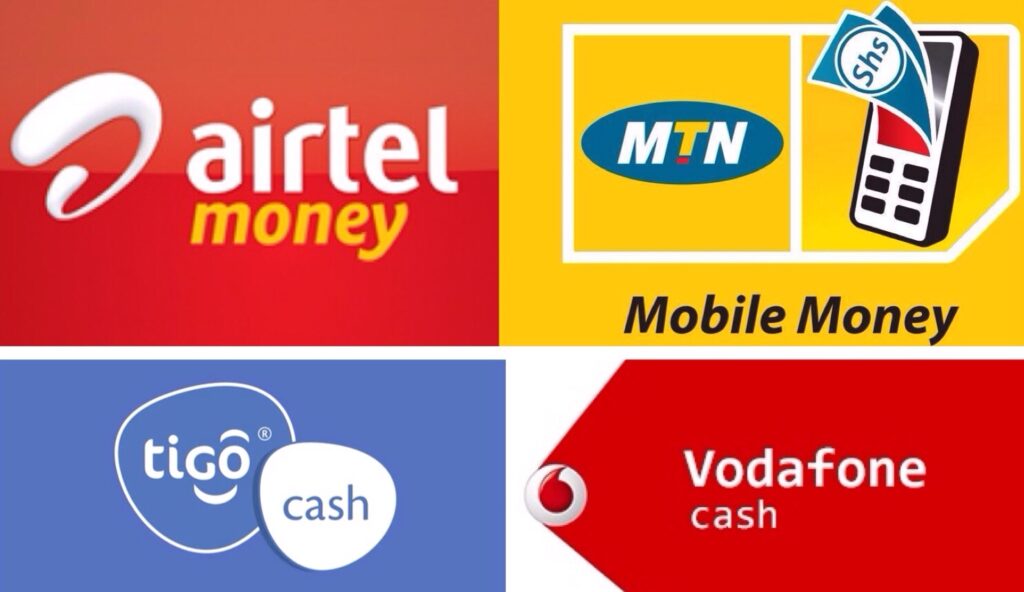Ghana Leads the World in Mobile Money Regulation

Ghana has been ranked first globally for Mobile Money regulation in the 2024 GSMA Mobile Money Regulatory Index (MMRI), a prestigious recognition for the country’s progressive policies in financial inclusion and mobile payments. With a score of 95.06%, Ghana surpassed its 2023 position, where it ranked third with a score of 92.56%. This year, Ghana’s remarkable improvement allowed it to outpace Rwanda, which came in second with a score of 95%, and Pakistan, which ranked sixth with 92.81%. Other countries that ranked highly include Qatar (94.21%), Malawi (93.88%), and El Salvador (93.75%).
The GSMA’s MMRI evaluates the regulatory environments for mobile money services in 90 countries, providing a comprehensive analysis of how well regulations foster the growth of mobile financial services. Ghana’s impressive performance is largely attributed to its robust Mobile Money Interoperability (MMI) platform, developed by the Ghana Interbank Payments and Settlements Systems (GhIPSS). The MMI system has enabled seamless mobile money transactions across different providers, which is a significant step in the country’s efforts to increase financial inclusion.
Financial inclusion in Ghana has grown substantially, with the country’s rate rising from less than 70% in 2023 to over 90% today, thanks to initiatives like MMI. This improvement has been critical in empowering people who were previously excluded from formal financial services, allowing them to access mobile banking, payments, and other essential financial services directly from their phones.
Despite these achievements, the GSMA report did caution that the growth of mobile money in Ghana could face challenges, particularly in relation to the country’s taxation policies. Specifically, the report raised concerns about the impact of the Electronic Transfer Levy (E-Levy), which has been implemented in Ghana. The E-Levy, a tax on digital financial transactions, has been linked to a decline in the volume and value of mobile money transactions. This tax has sparked debate, with some arguing that it discourages mobile money usage and threatens the progress made in financial inclusion. The GSMA report suggests that such taxes could undermine the benefits of mobile money, potentially hindering the sector’s growth if not addressed appropriately.
The GSMA Mobile Money Regulatory Index, introduced in 2018, measures the effectiveness of regulatory frameworks based on 40 key indicators grouped into six main areas: Transparency and Disclosure Requirements, Authorization, Consumer Protection, Integrity, Oversight of Operations, and Policy Enablement. Ghana performed exceptionally well in these areas, earning perfect scores in Transparency and Disclosure Requirements, Authorization, and Consumer Protection. These perfect marks reflect the country’s commitment to creating an environment where mobile money users are protected, and service providers operate with transparency and accountability.
Furthermore, Ghana scored above 90% in Integrity and Oversight, indicating strong governance of mobile money operations, which is crucial for ensuring trust in the system. While the country’s score in Policy Enablement was slightly lower, registering at around 84%, it still reflects a positive regulatory environment for mobile money services, with room for continued improvement in policy areas to further foster growth in the sector.
Ghana’s recognition as the global leader in mobile money regulation is a testament to the country’s proactive approach to modernizing its financial services and expanding access to mobile payments. The success of initiatives like the MMI platform, coupled with the regulatory frameworks in place, has positioned Ghana as a role model for other nations looking to improve financial inclusion through mobile money. However, the challenges posed by taxes like the E-Levy highlight the need for careful balancing between revenue generation and ensuring that digital financial services remain accessible and attractive to users.
This ranking places Ghana at the forefront of the global push for inclusive and accessible financial services, and it is expected to serve as an inspiration for other countries in Africa and beyond that aim to leverage mobile technology to foster financial inclusion. As the mobile money sector continues to grow, it will be crucial for Ghana to address emerging challenges, including the impact of taxes, to ensure that the benefits of mobile money reach as many people as possible, particularly those in underserved and rural areas.







